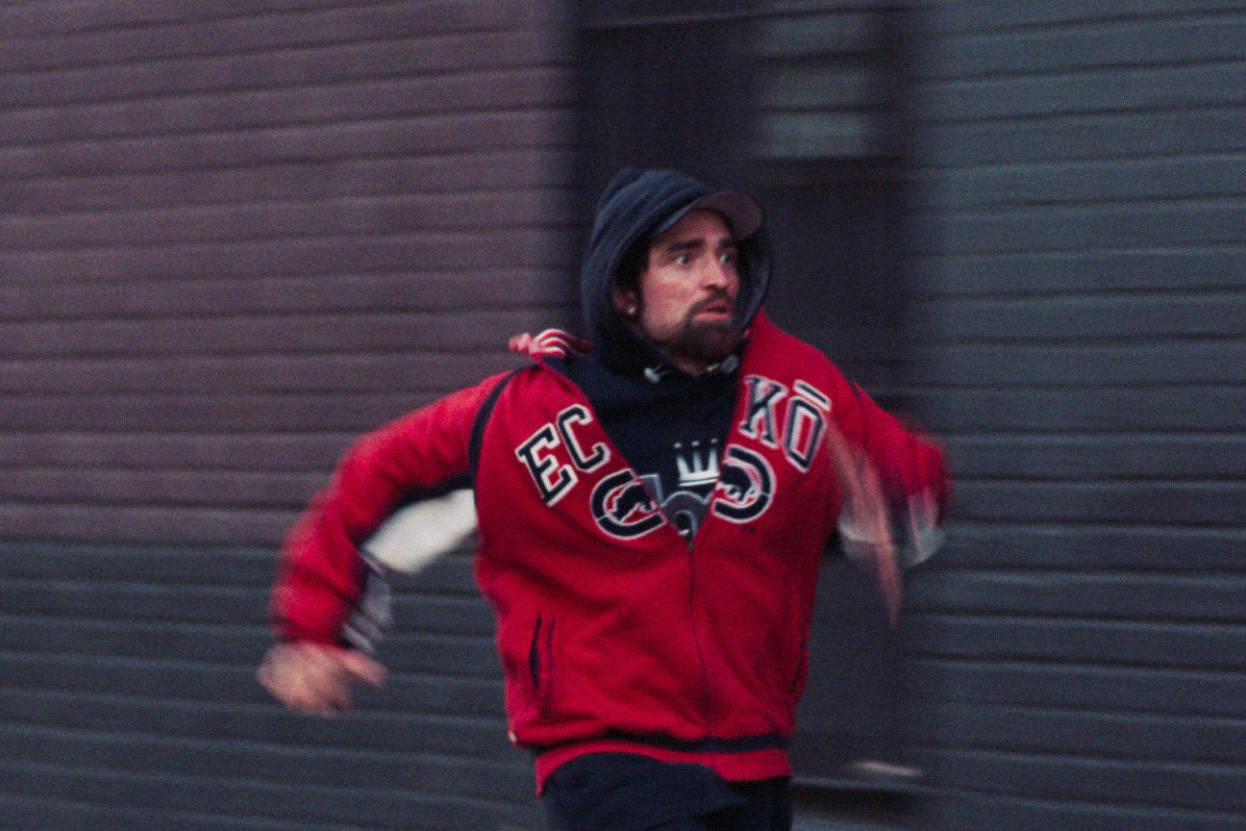Future teen heartthrobs seeking to change their images would do well to consider the example of Robert Pattinson. Cast in the first Twilight movie in 2008, playing a sparkly-skinned vampire with a romantically morose attitude, Pattinson exploded into dreamboat status overnight. Perhaps understandably, he moved through the sequels like a man who’d been sentenced to them as punishment. He endured the grind of those movies and the glare of a media machine fascinated by his romance with co-star Kristen Stewart (in case you missed it, I’m sorry to report the union is kaput). Then Pattinson got to pick his follow-up projects, and the results have been promising.
He’s done two pictures for David Cronenberg, including a confident lead turn in the wickedly sardonic Cosmopolis, plus a handful of supporting roles that allowed him to escape the vampire’s kiss (including the bookish explorer in The Lost City of Z and Lawrence of Arabia in Queen of the Desert). He became the unlikely toast of the Cannes Film Festival earlier this year when his performance in the Safdie brothers’ Good Time wowed the Riviera. For good reason: Pattinson carries the movie, elbowing his way through a series of increasingly frantic situations during a long, freezing night in Queens. He has gone full sleazeball, sporting a scuzzy goatee and a wounded animal’s impulses.
The sleazeball in question is Connie Nikas, a small-timer who enlists his mentally challenged brother Nick (co-director Benny Safdie) in a bank robbery. They get out of the bank with the money, but that’s about the last thing that goes right for the siblings, and we trot along at Connie’s shoulder as he improvises his way from one tight spot to the next. There’s at least one fabulous surprise in the middle of the plot, and wild cards in the form of an unflappable teenager (the droll Taliah Webster) and a hardened criminal (Buddy Duress), whose bad luck actually outdoes Connie’s for sheer Job-like misfortune. More recognizable faces belong to Jennifer Jason Leigh, as a gullible woman who has made a very bad mistake by getting involved with the much younger Connie, and Barkhad Abdi (Captain Phillips) as a security guard at an amusement park that serves as a backdrop for an especially surreal sequence.
That scene is not an exception. Josh and Benny Safdie, the low-rent filmmakers whose Daddy Longlegs (2010) was a remarkably balanced view of a seriously unbalanced father, have envisioned Good Time as a fever-dream of hand-held close-ups and bold colors. They push it all along to a raucous score by Oneohtrix Point Never (aka Daniel Lopatin)—a perfect complement to the frenzied action, even if the retro-’80s synthesizer sound is wearing out its cleverness for this kind of movie.
The film runs out of gas rather than resolves, but clearly the Safdies have a talent for conjuring the world of a desperate hustler. Connie is a close relative of the antihero played by Richard Widmark in the classic 1950 noir Night and the City, an amoral whirlwind who grinds up anybody in his path. Pattinson doesn’t have the whirligig energy of a Widmark, but in fully committing to Connie’s manipulative forward motion he creates a memorable heel.
He’s the best thing about the movie, in the end. As energetic as Good Time is, it can’t quite disguise the contrivance of Connie’s devotion to his brother; I couldn’t buy the filial loyalty as anything other than a reason for the story to happen. (Widmark’s repellent character was braver in its conception—that guy has a pure childlike need to prove himself.) Other critics—notably The New York Times’ A.O. Scott—have registered dismay at perceived racial attitudes and the possibility that the Safdies want us to applaud Connie’s journey. Even if I don’t agree with those charges (Connie is always a parasite, even if he is played by a movie star), the film is so abrasive it tends to glom everything together in a portrait of urban misery—it’s skillfully rendered, but empty in the middle. Good Time, Rated R. Opens Fri., Aug. 25 at various theatres.
film@seattleweekly.com






